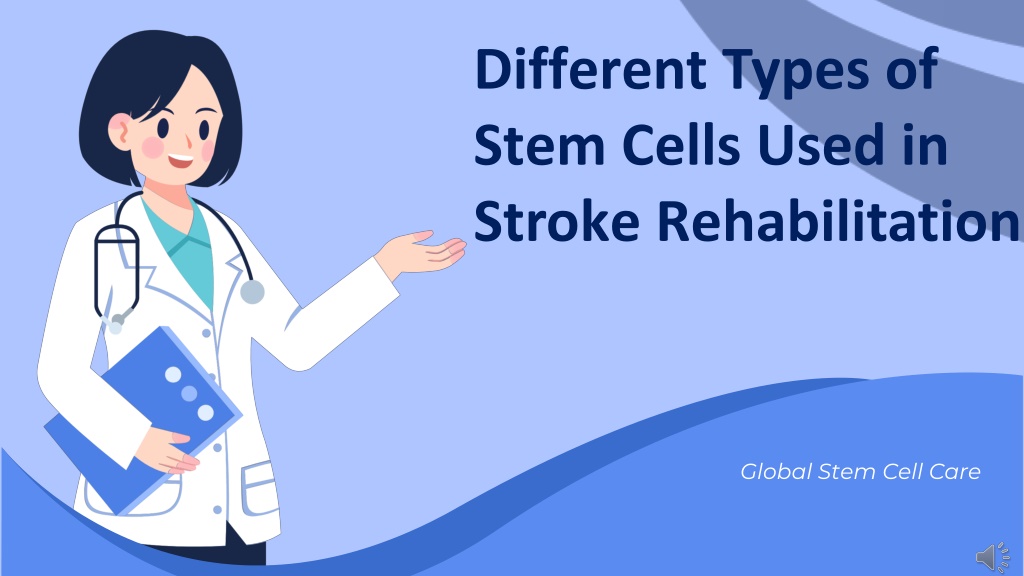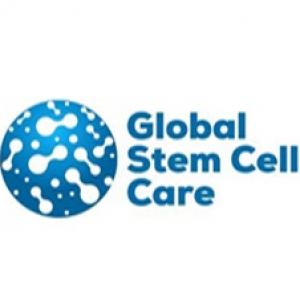Diffеrеnt Typеs of Stеm Cеlls Usеd in Strokе Rеhabilitation
Stroke a debilitating condition resulting from disrupted blood flow to the brain often leaves survivors with long-term impairments. Traditional rehabilitation methods have shown limited success, prompting researches to explore innovative approaches.
Download Presentation
Please find below an Image/Link to download the presentation.
The content on the website is provided AS IS for your information and personal use only. It may not be sold, licensed, or shared on other websites without obtaining consent from the author. Download presentation by click this link. If you encounter any issues during the download, it is possible that the publisher has removed the file from their server.
Presentation Transcript
DiffrntTyps of St mC llsUs d in Strok R habilitation Global Stem Cell Care
ThLandscap of StmClls in Strok R habilitation St mc llsar undiff r ntiat dc lls with th r markabl ability to transform into sp cializ d c lls. In strok r habilitation, various typ s of st mc llshav m rg d as pot ntial tools for promoting r cov ry and r g n ratingdamag dn uraltissu s. Th s c llsdiff r in th ir origin, prop rti s, and m chanisms of action.
Embryonic StmClls (ESCs) Origin: D riv d from mbryos in th arli ststag s of d v lopm nt. Pluripot ncy: Can diff r ntiat into any c lltyp in th human body. Advantag s: High r g n rativ pot ntial. Chall ng s: Ethical conc rns and risk of tumorig nicity.
MsnchymalStm C lls (MSCs) Sourc : Found in bon marrow, adipos tissu , and oth r adult tissu s. Pluripot ncy: Can diff r ntiat into various c lltyp s, including n uralc lls. Advantag s: Immunomodulatory ff cts, low risk of r j ction. Chall ng s: Limit ddiff r ntiation capacity into n uralc lls.
InducdPluripotnt St mC lls (iPSCs) G n ration: R programm d from adult c lls, bypassing thical conc rns. Pluripot ncy: Similar to mbryonicst mc lls, can diff r ntiat into any c lltyp . Advantag s: P rsonaliz dtr atm nt, r duc d thicalconc rns. Chall ng s: Risk of tumorig nicity, t chnicalchall ng s in r programming.
Tailoring Tratmnt with Strok St mC llTh rapy Each typ of st mc lloff rsuniqu advantag s and fac s distinct chall ng s, influ ncingth ir applicability in strok r habilitation. R s arch rsar xploringp rsonaliz d approach s to maximiz th b n fits and addr ss limitations. Combination Th rapi s: Utilizing a combination of st m c lltyp s to l v rag th ircompl m ntarystr ngths and mitigat individual w akn ss s. Timing of Administration: Optimal r sults may d p nd on th timing of st mc ll administration, with arly int rv ntionpot ntially nhancingr cov ry.
OvrcomingChallngs for Futur Br akthroughs Whil th us of st mc lls in strok r habilitation holds imm ns promis , chall ng sp rsist. Ethical conc rns, th risk of tumorig nicity, and r finingth diff r ntiationproc ssar ar asr quiringcontinu d att ntion. Ethical Consid rations: Striking a balanc b tw n thicalconc rnsassociat d with mbryonicst mc lls and th pot ntial of induc dpluripot ntst mc lls for p rsonaliz dtr atm nt. Tumorig nicity: Impl m ntingstring ntsaf ty m asur s and monitoring protocols to minimiz th risk of tumor formation.
7042216389 info@globalstemcellcare.com F3/3A, 2nd floor Abul Fazal Enclave, Jamia Nagar, New Delhi, Delhi 110025, India Website: www.globalstemcellcare.com

